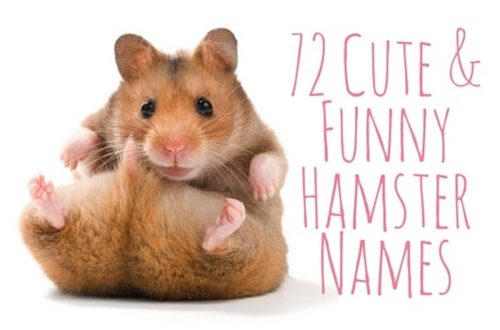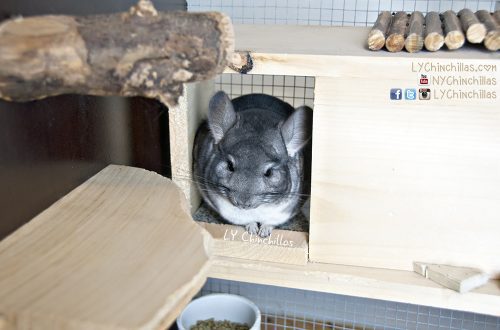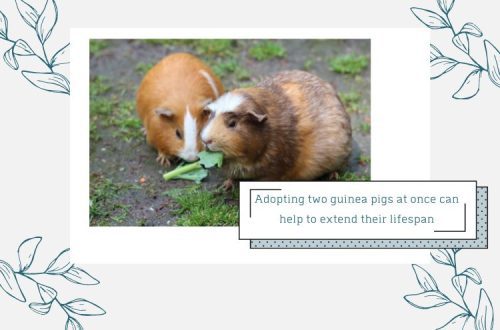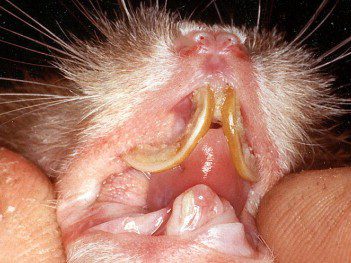
Dental disease in rodents
Owners of rodents know for sure that their pets’ teeth need extra care, otherwise diseases may develop. 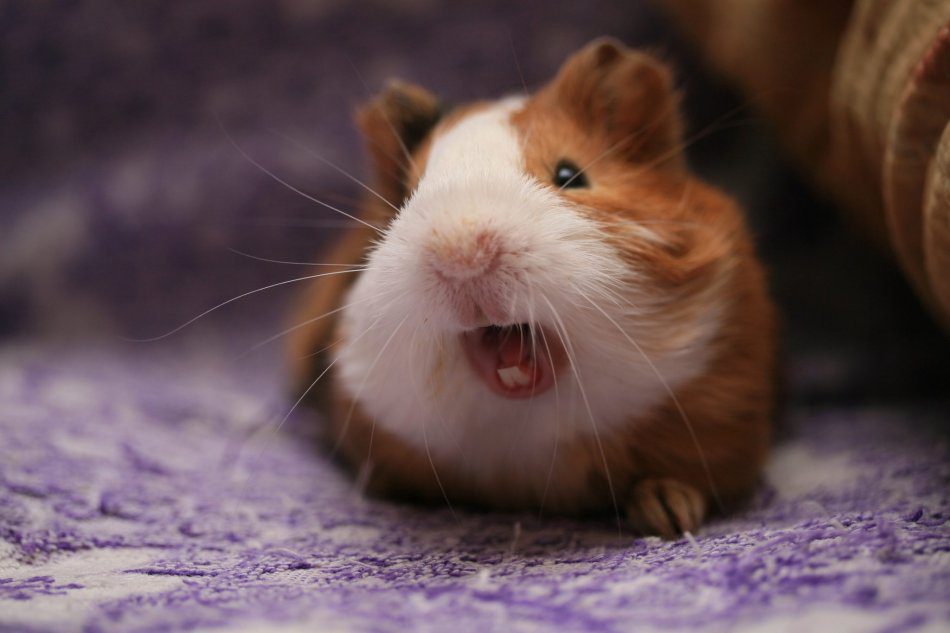
Contents
Why do dental diseases occur in rodents?
The dental system in rodents is strikingly different from animals of other species. The teeth of rodents differ in that they do not stop growing throughout their lives, and grow quite quickly. Because of this, they often have a number of pathologies. With insufficient consumption of hard feed, grinding slows down, which leads to overgrowth. This, in turn, leads to a violation of food intake and, if not corrected in time, can cause the death of the animal.
Types of pathologies
- bite deformity. Causes can be trauma or genetic mutations. When the bite is shifted, the incisors are not closed together, which leads to their free growth, and this can injure the mucous membrane. This pathology can be easily eliminated by contacting a veterinarian who will shorten the incisors.
- Hooks (fixed) occur in the absence of roughage, genetic predisposition. They cause a lot of anxiety to your pet. This can cause pain and lead to hypersalivation. Hooks can also be removed at a veterinary clinic.
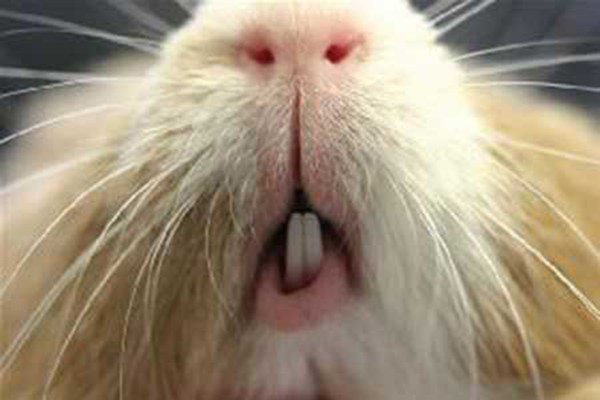
The main signs of dental disease in rodents
- Increased salivation.
- Loss or decrease in appetite.
- Problems with defecation.
- Extraneous noises when eating.
- Abscesses.
If you notice any of these signs, it is important to contact your veterinarian immediately!
Prevention of dental diseases in rodents
It is necessary to conduct an examination of the oral cavity in a timely manner. Also, make sure that there are enough hard foods in the diet. It can be:
- Solid commercial feed.
- Cereals.
- Nuts in shell.



